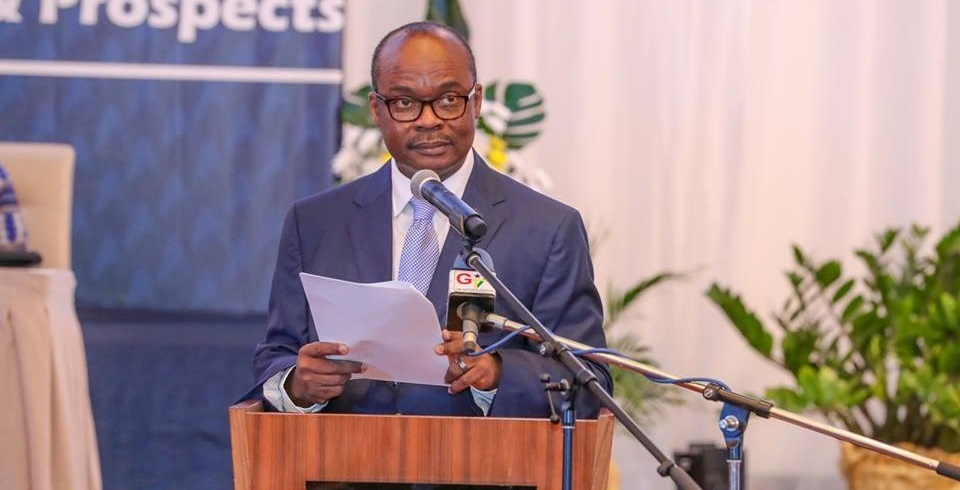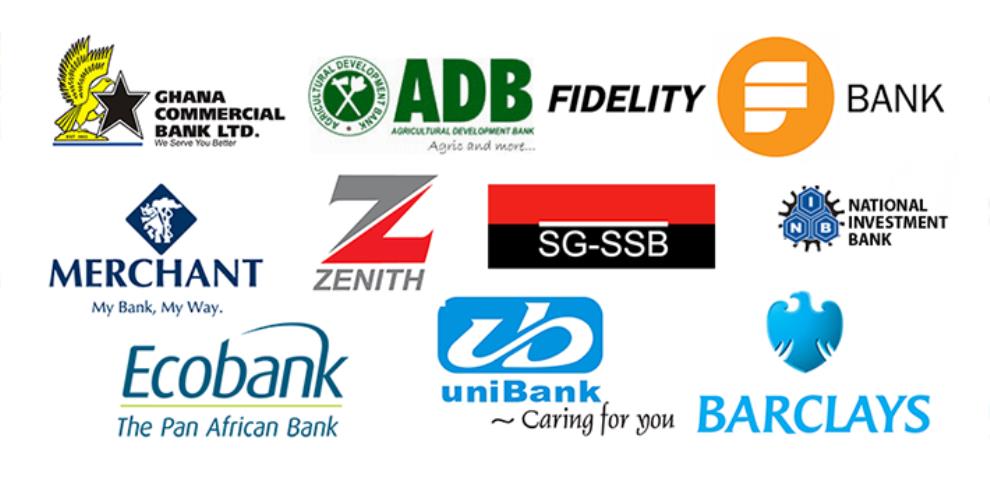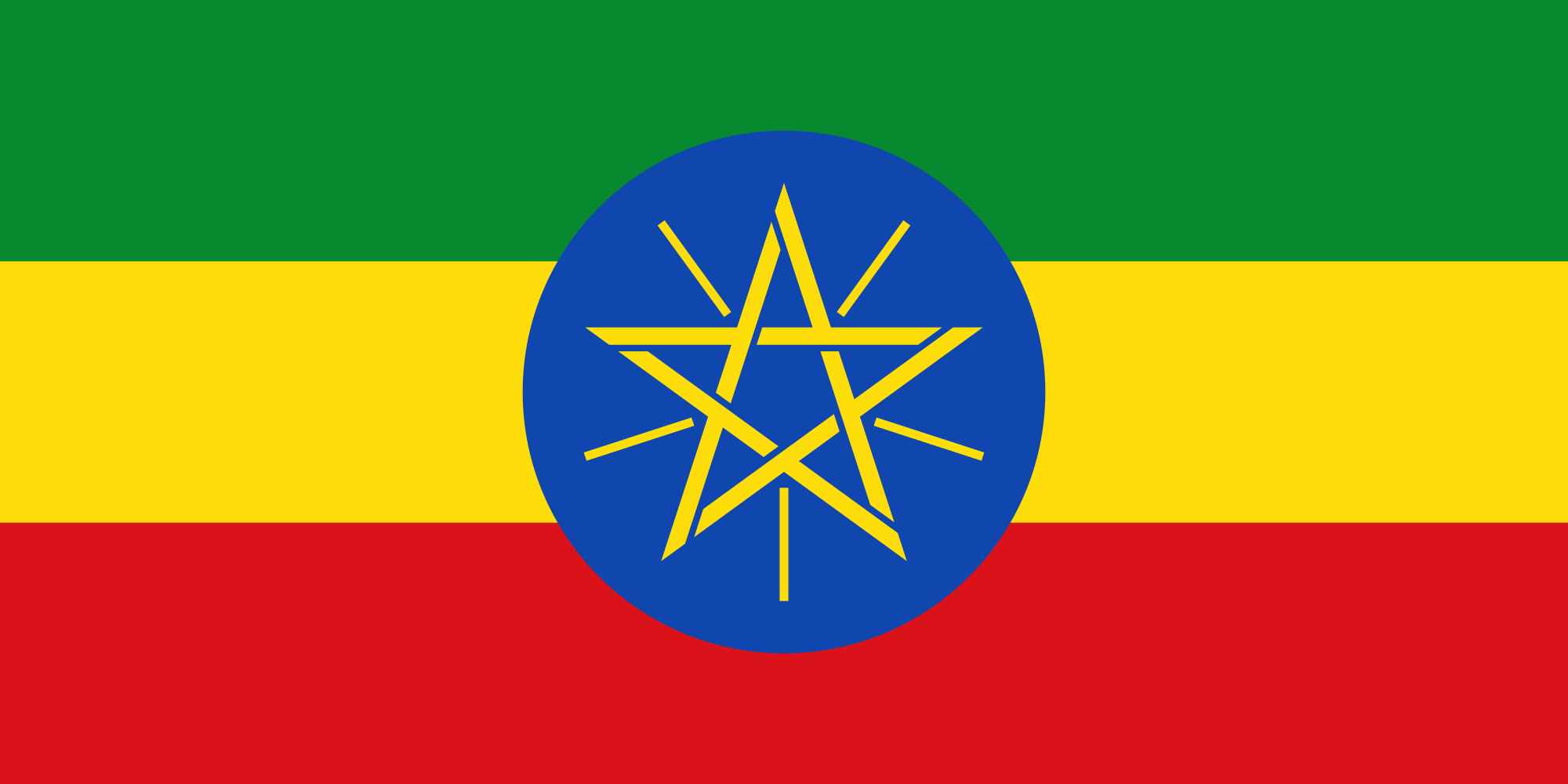The Bank of Ghana (BoG) has announced that it has completed its banking sector reforms that spanned over a two-year period. The outcome of the ‘clean up’ has resulted in the collapse, merger, and downgrading of some banks, bringing down the total number of universal banks in the country from 36 to 23.
According to the governor of the Bank of Ghana, Mr. Ernest Addison, the exercise which cost the country about $2.5 billion was necessary to sanitize the banking sector and restore confidence. The focus of the reforms was on good corporate governance practices and a minimum capital recapitalization requirement of about $82 million.
A total of 16 banks namely Access Bank, Bank of Africa, Barclays Bank, CAL Bank, Consolidated Bank, Ecobank, FBN, Fidelity Bank, GCB Bank, GT Bank, Republic Bank, Societe General, Stanbic Bank, Standard Chartered, UBA and Zenith met the minimum capital requirement by December 31, 2018 and retained their licenses to operate.

Mr. Ernest Addison – Governor of the Bank of Ghana
Six banks that were unable to meet the recapitalization received approval from the BoG to merge. They were: First Atlantic Merchant Bank/Energy Commercial Bank; Omni Bank/Sahel Sahara; and First National Bank/GHL Bank.
Five indigenous banks namely Agricultural Development Bank, National Investment Bank, Omni Bank/Sahel Sahara Bank, Universal Merchant Bank and Prudential Bank that were unable to meet the recapitalization requirement but found to be solvent, were however, saved by the government through a special purpose vehicle (SPV) arrangement in which the Ghana Amalgamated Trust (GAT) has been created to help them raise the required funds.
The Bank of Baroda, which is a wholly-owned subsidiary of Bank of Baroda, India, voluntarily ceased its operations in the country and its customers were transferred to Stanbic Bank. GN Bank which was also unable to raise the minimum capital had its license downgraded to a savings and loans entity.
Nine banks that were found to have breached banking regulations or indulged in poor corporate governance practices had their licenses withdrawn and taken over by the government.
The first casualties of the reforms were UT Bank and Capital Bank whose licenses were withdrawn in August 2017 and taken over by the government. Their operations were subsequently handed over to the GCB Bank.

Some of the Banks operating in Ghana
The two banks were cited for poor corporate practices that included non-adherence to credit management principles and procedures, interference by non-executive directors in the day-to-day administration, co-mingling of the banks’ activities with their related holding companies and high executive compensation schemes that were not commensurate with their operations.
The second batch of casualties included uniBank, Royal Bank, Sovereign Bank, Beige Bank and Construction Bank, whose licenses were withdrawn in August 2018 due to liquidity issues. They were merged them into a new entity known as the Consolidated Bank and put under a new management.
Unibank, according to the BoG, persistently maintained a negative capital adequacy ratio below zero making it technically insolvent. Royal Bank and Sovereign Bank were also found to be insolvent with acute liquidity challenges. In the case of Beige Bank and Construction Bank, the BoG accused them of using fictitious and non-existent capital to obtain their licenses.
The final batch was Premium Bank and Heritage Bank whose licenses were withdrawn at the end of the December 31, 2018 deadline. Premium Bank was said to have been insolvent as of 30th November 2018 with a negative capital adequacy ratio while Heritage Bank was said to have procured its license under questionable circumstances and also failed to recapitalize.


